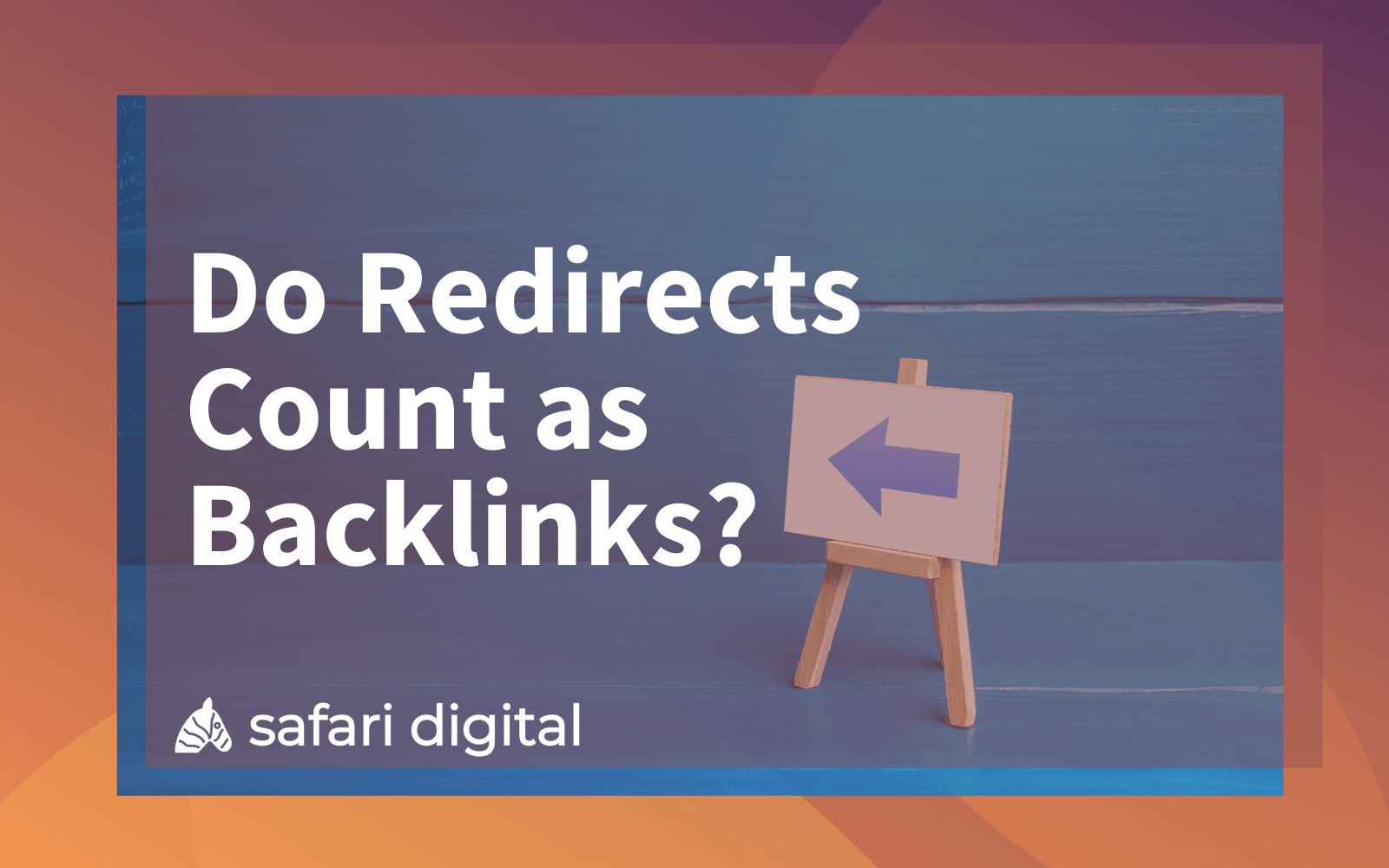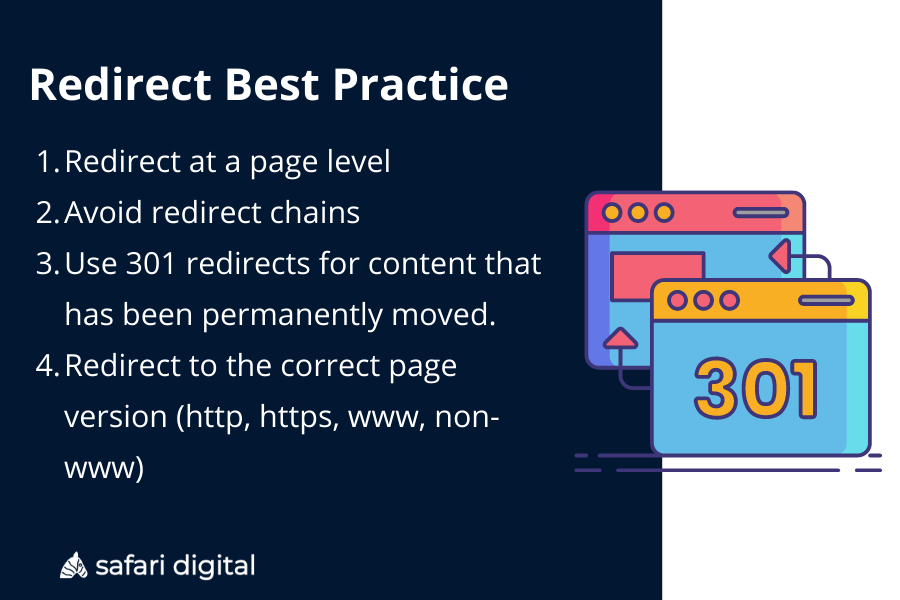
Backlinks are an essential element in a successful SEO strategy.
Whether you are actively chasing links from other websites, or you’re creating content that commands authority and generates natural links from websites citing you as a source. Despite the value of backlinks in SEO changing, links remain an essential ranking factor.
If you have spent countless hours earning or developing high-quality backlinks to your website, it can be a disheartening view to think it could be for naught if you ever decide to move that web page from one location to another.
One helpful method is the 301 redirect. The 301 redirect is a simple HTTP status code that indicates to the user’s browser that the page has moved locations. In this article, we will look at what happens to backlinks when they are redirected and how this can impact your SEO efforts.
Do Redirects Count As Backlinks in SEO?
Yes, redirects count as backlinks as SEO. Googlebot will crawl and follow the redirect string and pass PageRank across the redirected page. The latest data indicates that almost all link authority or PageRank is transferred through a redirect.

Redirecting pages using a 301 redirect is not a silver bullet to fixing SEO issues on your website. Whilst these redirects may still count as backlinks; they can lose their SEO benefits if the following occurs:
1. Redirect to relevant content
It can be tempting to redirect high-value URLs to transactional pages that drive revenue. However, it is important that redirects remain logical and go to pages that are relevant to users.
2. Content on the destination page has also dramatically changed
Google may also ignore the link if the new page has shifted its content focus. Dismissing pages that aren’t content aligned is an automatic feature of Google’s PageRank that prevents website owners from achieving SEO value from defunct pages.
3. Outbound 301s redirect to irrelevant content
Yes, even outbound links need to be monitored. If you link out to a relevant third-party site that changes domains or redirects elsewhere, this can have an unintentional effect on the SEO performance of your site.
4. Backlinks redirect to pages that don’t exist
The dreaded 404 error is a code that indicates that the page the user requested could not be found. Incorrectly redirecting a page leading to a 404 error is not a ranking factor by itself. However, having a substantial amount of poorly redirected backlinks on your page will be detrimental to your SEO performance.
Wrapping Up – Are Redirects Bad For SEO?
Up until a few years ago, if you used a 301 redirect to redirect one page to another, there was a slight loss of Google’s PageRank along the way. However, times have changed. With the latest research, there is now no substantial evidence to conclude that these redirects have maintained this adverse effect.
Redirects, in general, are favourable to your SEO performance. When done correctly, these redirects will actually pass on their link equity to help your SEO. On the other hand, when done poorly, they will negatively affect your page performance due to impeding how search engines crawl your website.
One thing to keep in mind with the redirect process is that each time an additional link is added between the original and updated URL, SEO value will be diminished. If multiple redirects occur, search engines like Google can treat this as spam and penalize your site. So, it’s best to employ the shortest link possible when redirecting a backlink to your target URL.







